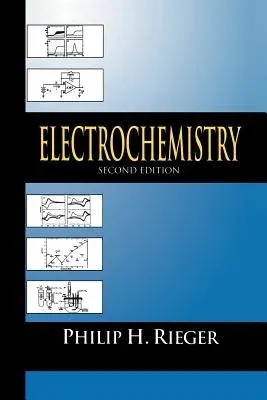P H Rieger
(Author)Electrochemistry (1994. Softcover Reprint of the Original 2nd 1994)Paperback - 1994. Softcover Reprint of the Original 2nd 1994, 8 October 2012

Qty
1
Turbo
Ships in 2 - 3 days
In Stock
Free Delivery
Cash on Delivery
15 Days
Free Returns
Secure Checkout
Print Length
483 pages
Language
English
Publisher
Springer
Date Published
8 Oct 2012
ISBN-10
9401042985
ISBN-13
9789401042987
Description
Product Details
Author:
Book Edition:
1994. Softcover Reprint of the Original 2nd 1994
Book Format:
Paperback
Country of Origin:
NL
Date Published:
8 October 2012
Dimensions:
23.39 x
15.6 x
2.57 cm
ISBN-10:
9401042985
ISBN-13:
9789401042987
Language:
English
Location:
Dordrecht
Pages:
483
Publisher:
Weight:
694 gm

